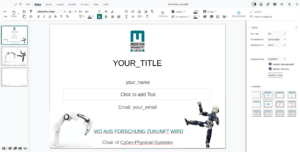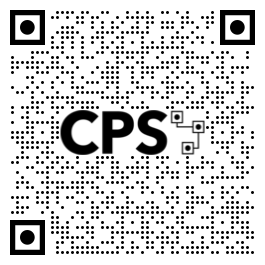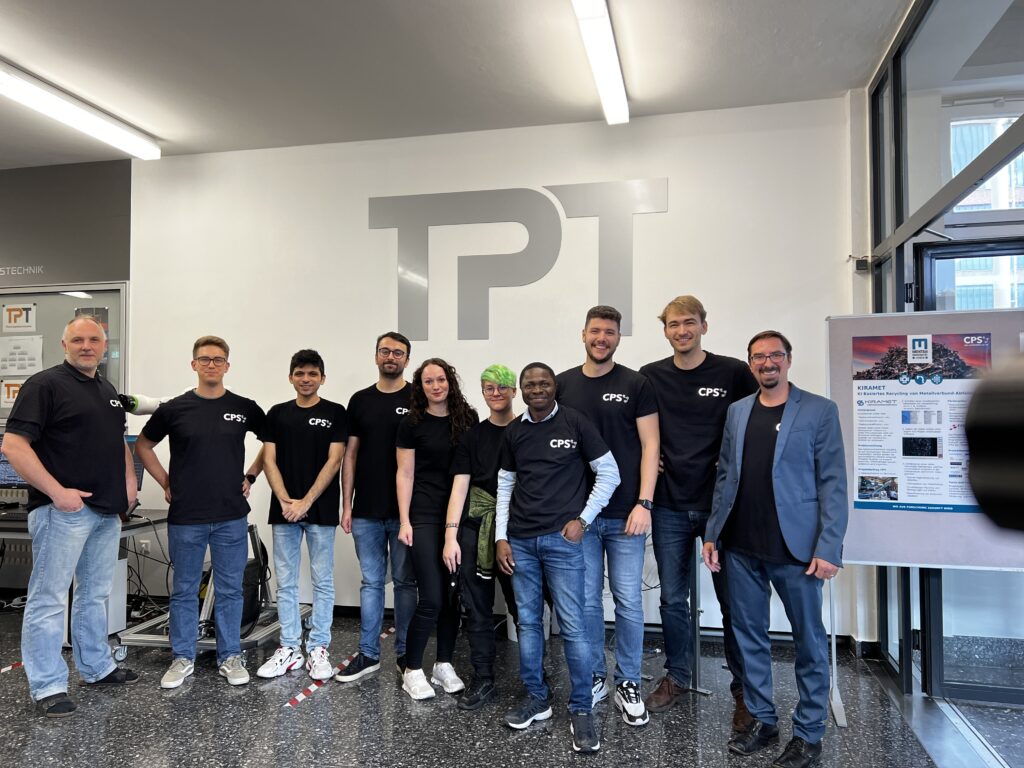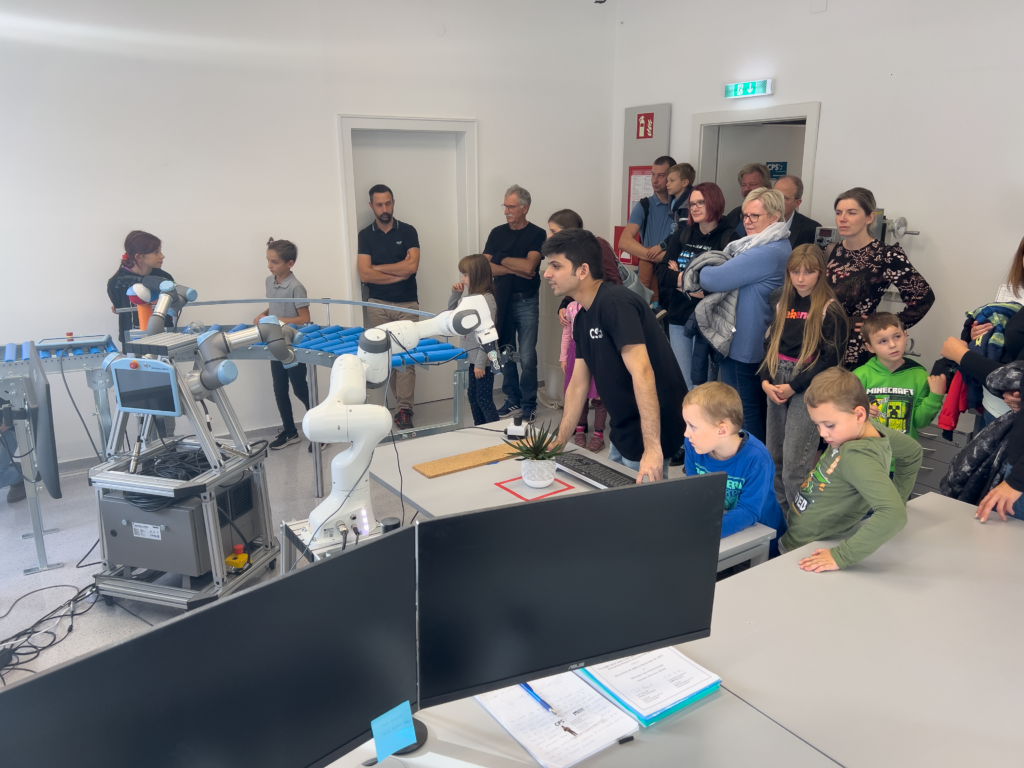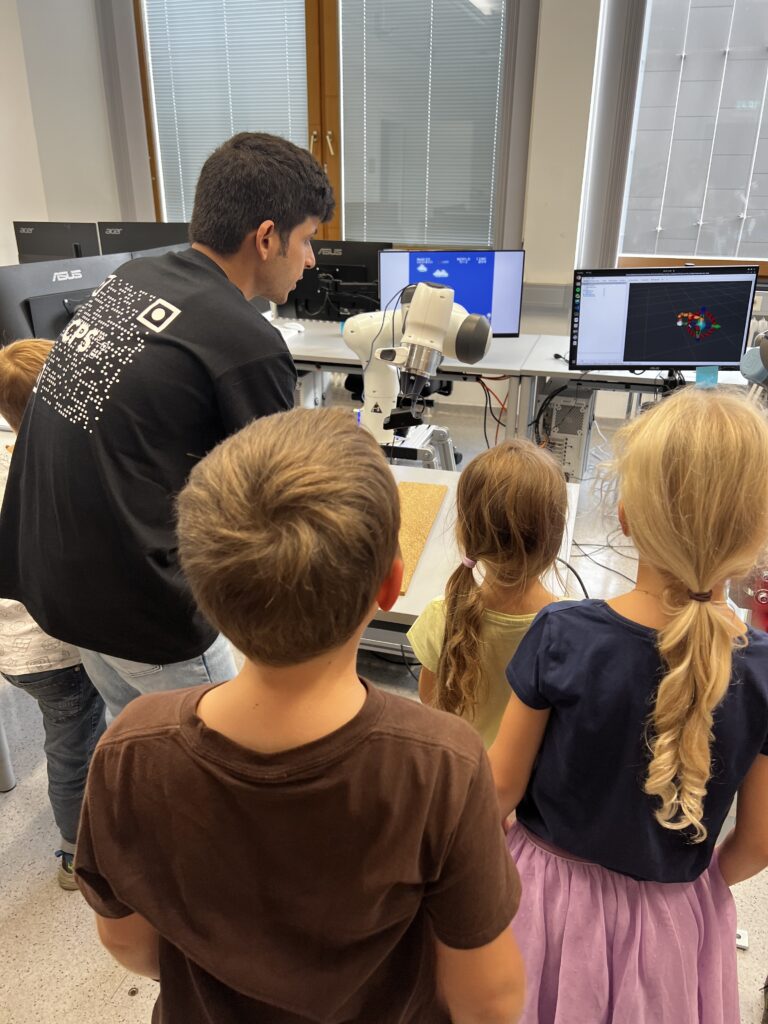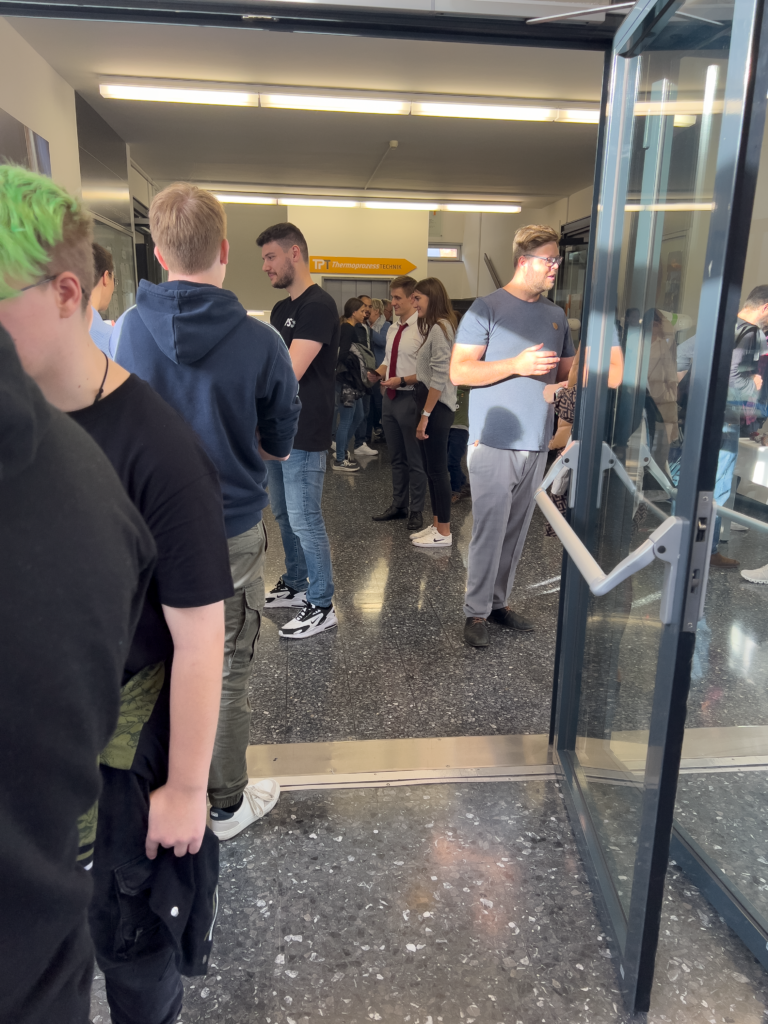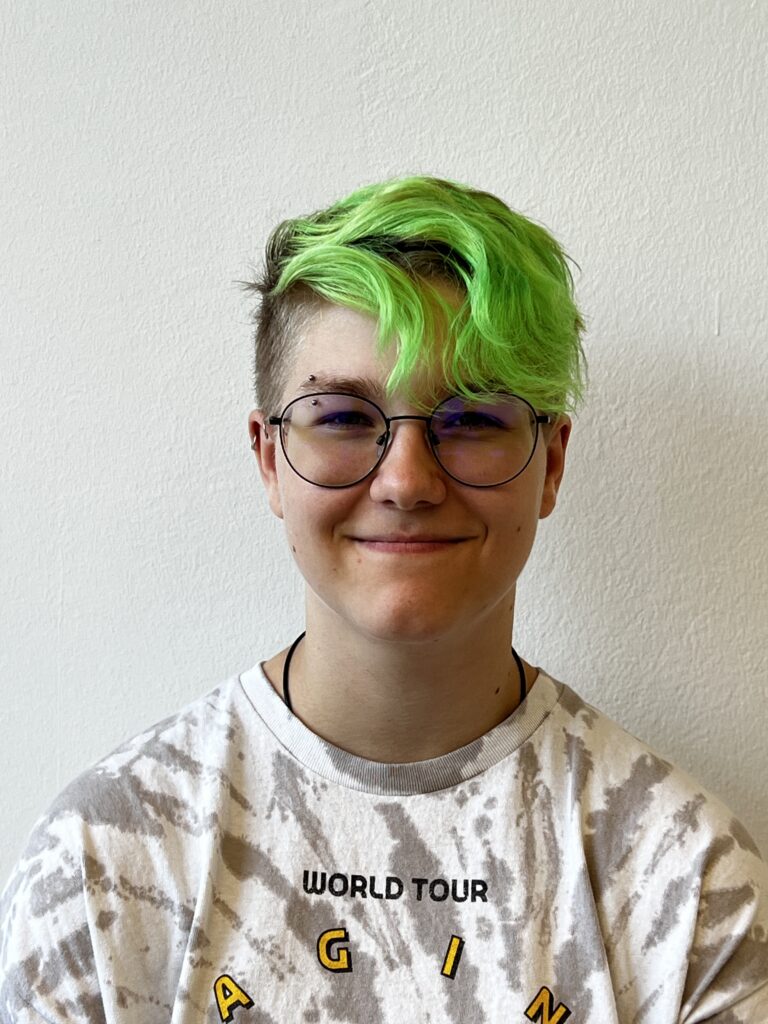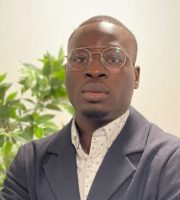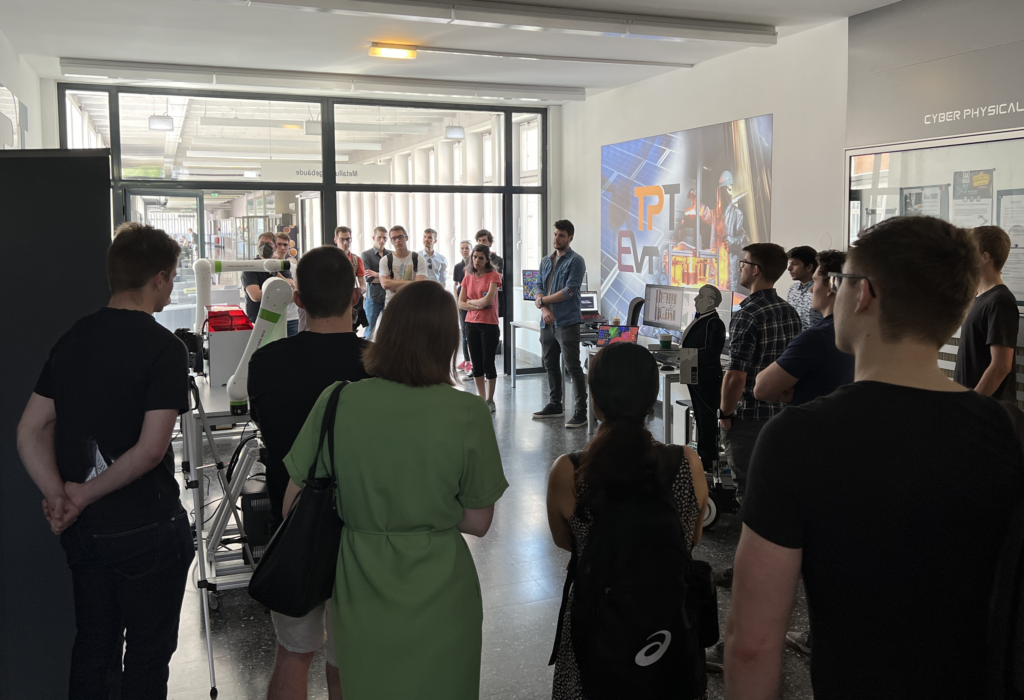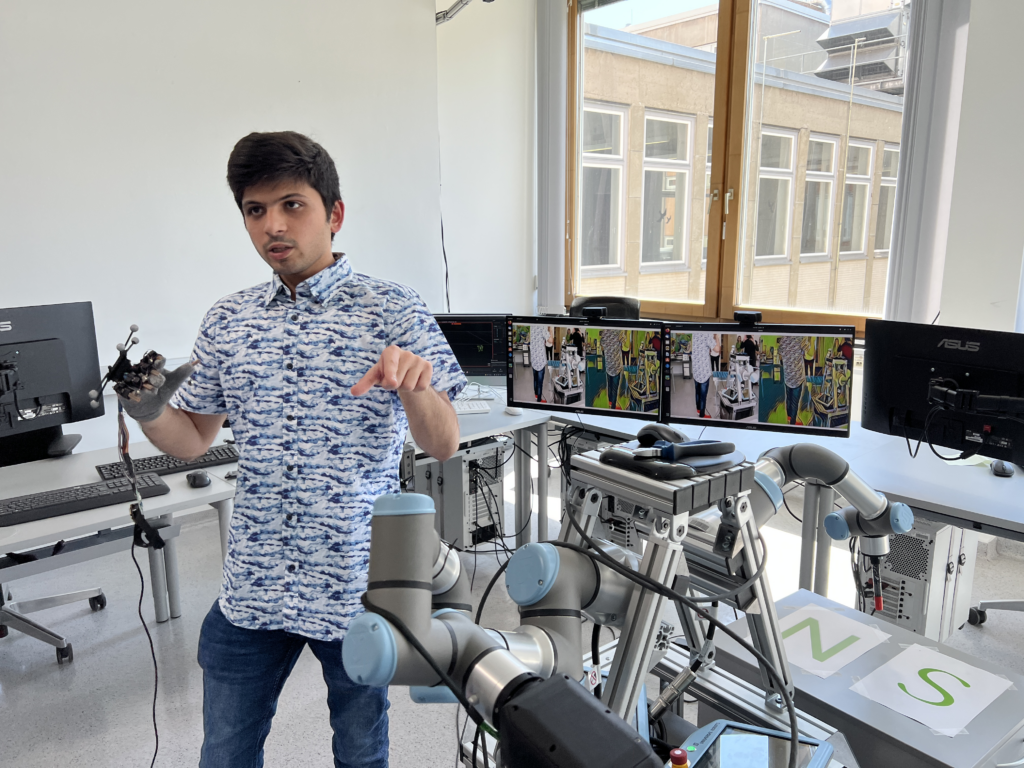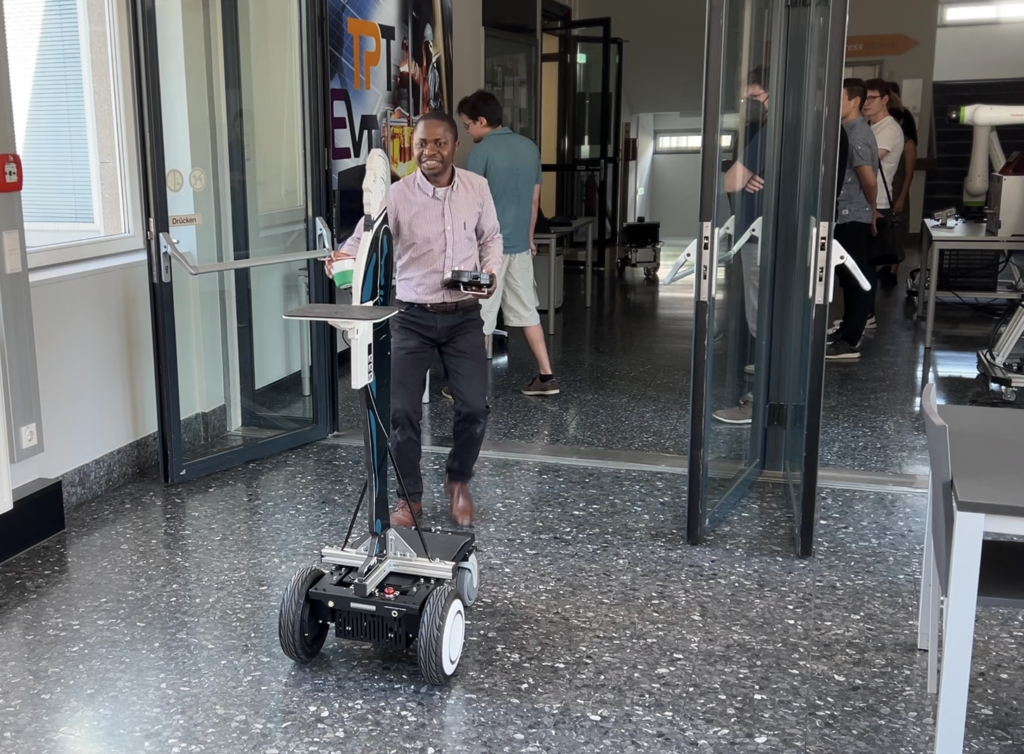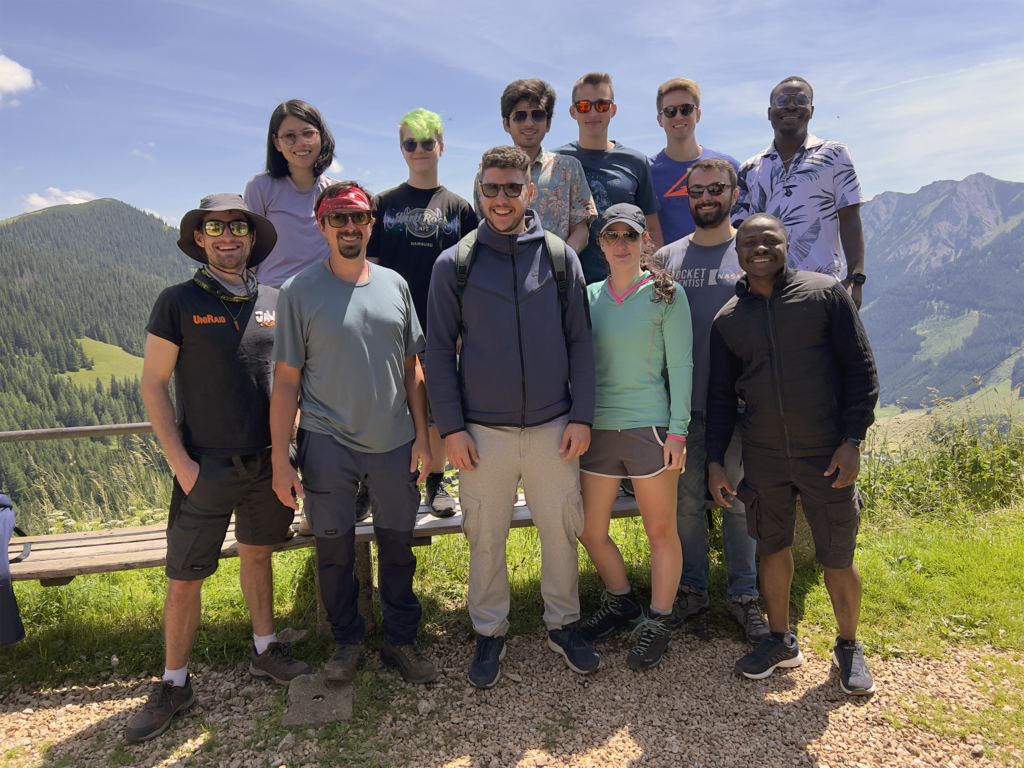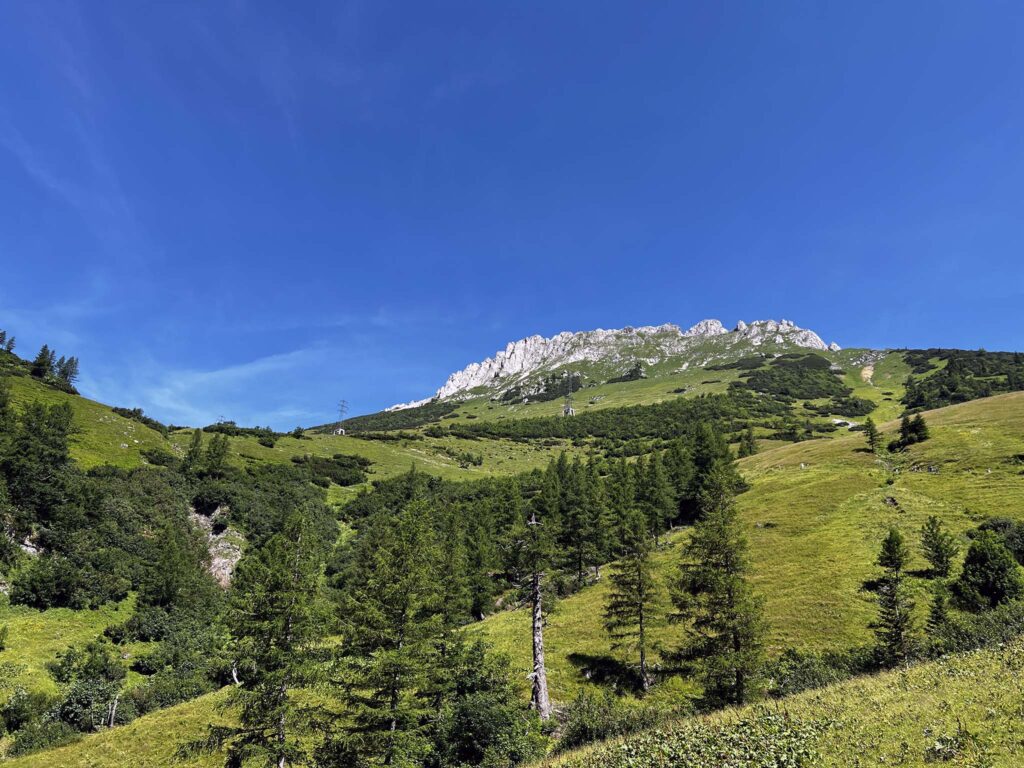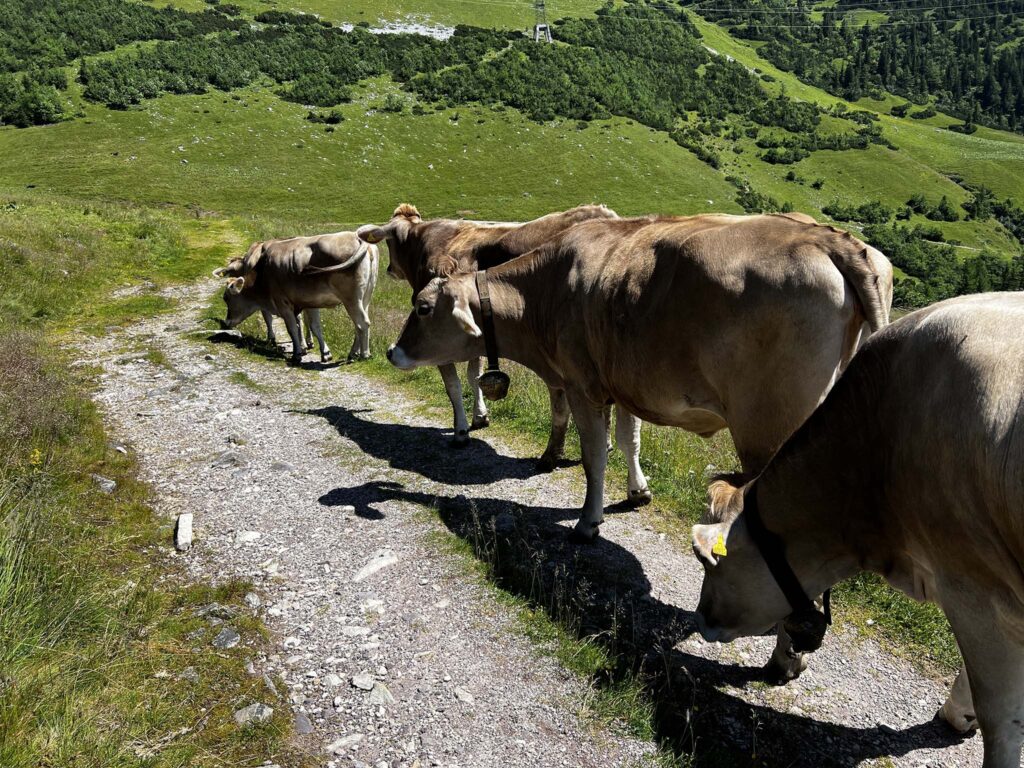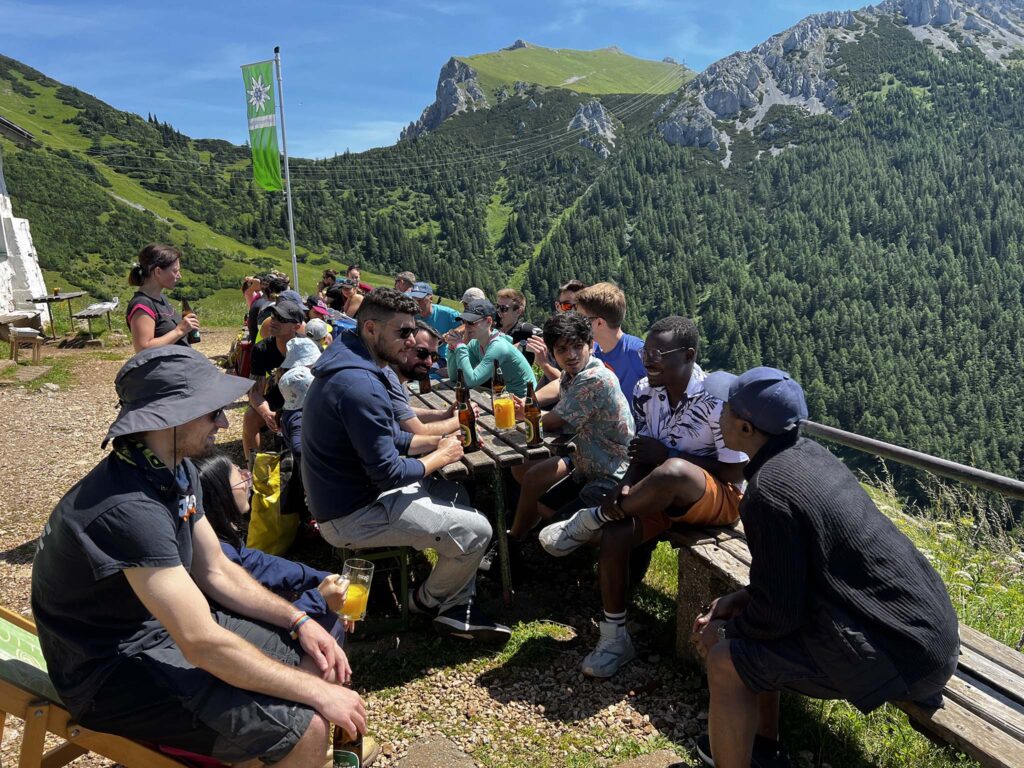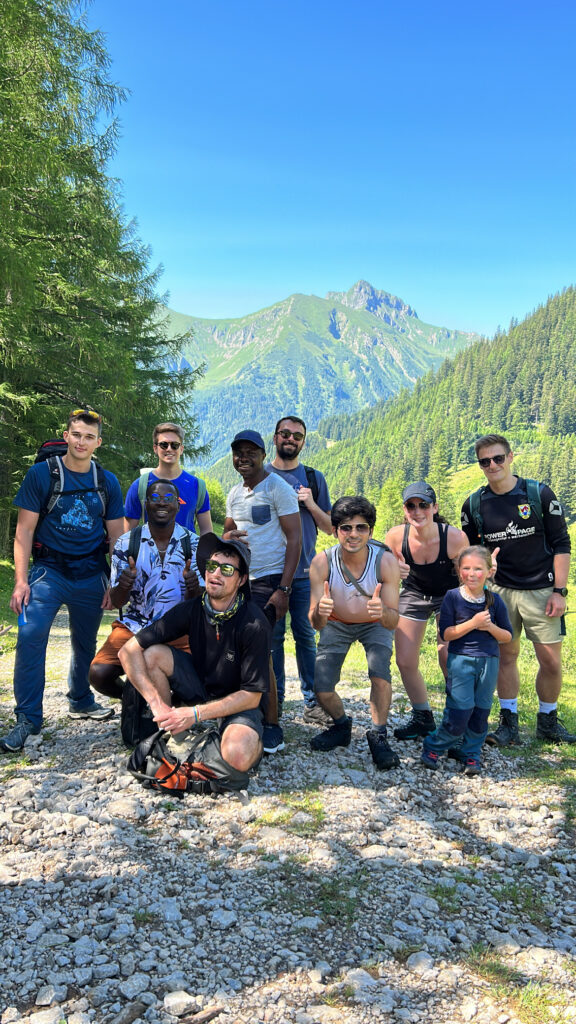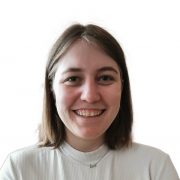KI basiertes Recycling von Metallverbund-Abfällen (KIRAMET)
FFG, BMVIT Leitprojekt 07/2023-06/2026
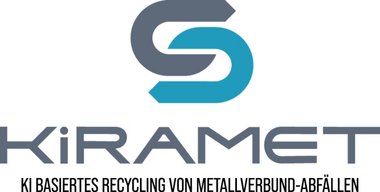
Die metallverarbeitende Industrie ist bei ihrer Produktion auf hochwertigen Metallschrott angewiesen. Derzeit muss dieser nach Österreich importiert werden. Mit Juli startet nun ein FFG-Leitprojekt, das mit Hilfe von Künstlicher Intelligenz das Recycling von Metallverbundabfällen verbessern will.
Vor dem Hintergrund des „Europäischen Green Deals“ und des Kreislaufwirtschaftspaketes müssen Ressourcenverbrauch (minus 25 Prozent) und CO2-Emissionen (minus 55 Prozent) bis 2030 drastisch reduziert und gleichzeitig die Ressourceneffizienz massiv gesteigert werden. Bei Metallen ist der Ökologische Fußabdruck durch den Rohstoffeinsatz besonders hoch, gleichzeitig sind sie ideale Kandidaten fürs Recycling. Genau hier setzt das neue FFG- Leitprojekt an, und will mit Künstlicher Intelligenz die Qualität der metallischen Abfälle steigern.
Haushaltsschrotte und Schrotte aus Altfahrzeugen sowie Elektro-Altgeräten zeichnen sich durch einen hohen Metallgehalt aus und haben daher großes Potenzial zum Recycling. Leider fallen diese Metalle nicht sortenrein an, sondern in Form von Kunststoffmetallverbunden oder Legierungsmischungen. „Derzeit werden die Metalle geschreddert und aufgrund der minderen Qualität ins Ausland exportiert,“ erklärt Dr. Alexia Tischberger-Aldrian, Projektverantwortliche seitens des Lehrstuhls für Abfallverwertungstechnik und Abfallwirtschaft. Gleichzeitig importiert Österreich höherwertigen Schrott, der für die Metallproduktion sehr wichtig ist.
Projektziele
- Entwicklung einer KI unterstützten Sortierstraße zur Bereitstellung von definierten Metallfraktionen
- Entwicklung einer Prozess Modellierungs- und Optimierungsumgebung zur Erstellung von digitalen Zwillingen zur Prozesssimulation und Ableitung optimaler Handlungsempfehlungen
- Etablierung eines Datenflusses für recyclingrelevante Daten der im Projekt betrachteten Abfallströme
- Entwicklung und Bereitstellung einer intelligenten Redyclingplattform zur übergeordneten Prozessseuerung und Vernetzung von Stakeholdern
- Anwendung der entwickelten KI basierten Lösungen in relevanten Use Cases
Projekt Consortium
- Montanuniversität Leoben (Koordinator)
- Lehrstuhl für Abfallverwertungstechnik und Abfallwirtschaft
- Lehrstuhl für Cyber-Physical-Systems
- 7lytix gmbh
- Fabasoft R&D GmbH
- Bernegger GmbH
- voestalpine High Performance Metals GmbH
- Breitenfeld Edelstahl Aktiengesellschaft
- METTOP GmbH
- ETA Umweltmanagement GmbH
- Nekonata XR Technologies GmbH
- Mayer Recycling GmbH
- BT-Wolfgang Binder GmbH
- O.Ö. Landes-Abfallverwertungsunternehmen GmbH
- K1-MET GmbH
- Scholz Austria GmbH
- Andritz AG
- Software Competence Center Hagenberg GmbH
- voestalpine Stahl GmbH
- PROFACTOR GmbH
- Salzburg Research Forschungsgesellschaft m.b.H.
Fördergeber
-
Österreichische Forschungsförderungsgesellschaft mbH (FFG)
- Bundesministerium für Verkehr, Innovation und Technologie (BMVIT)
